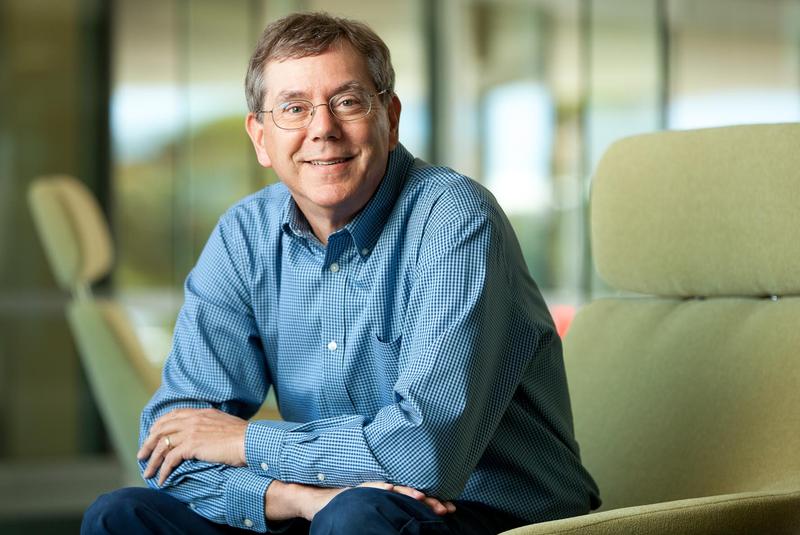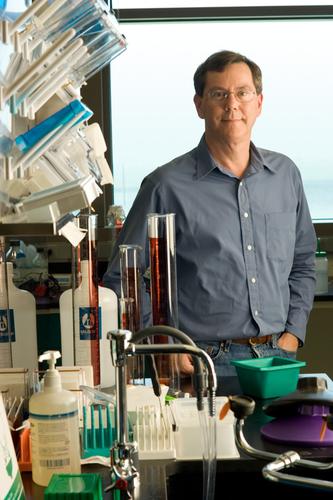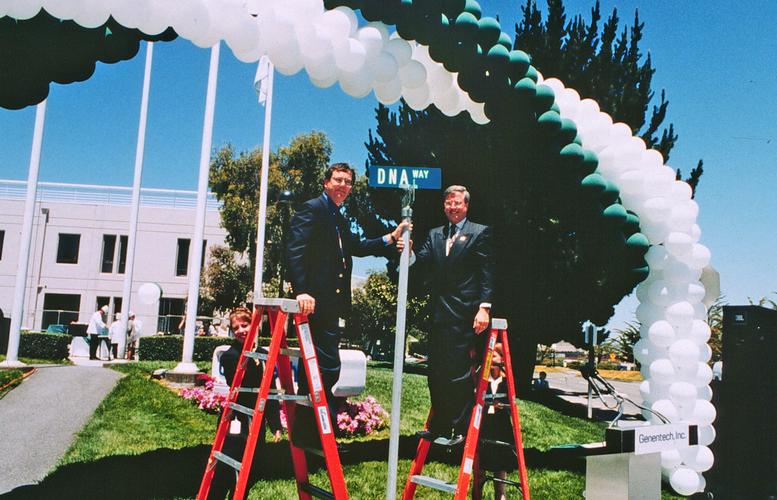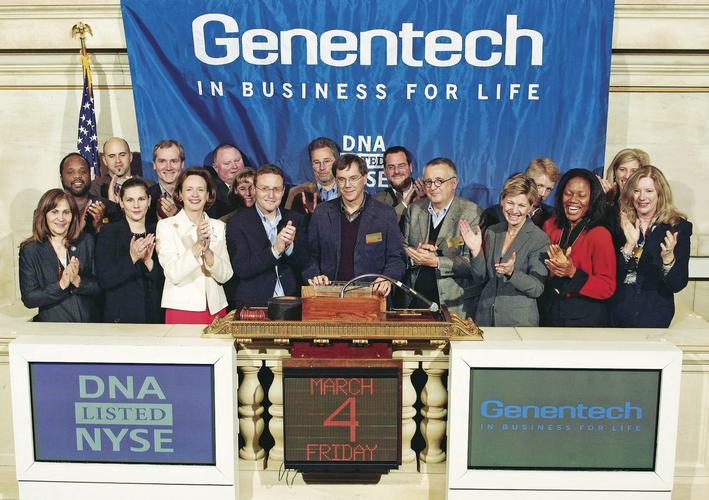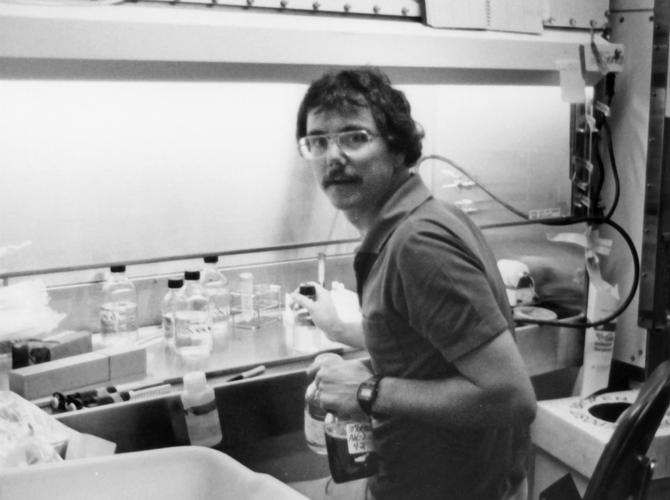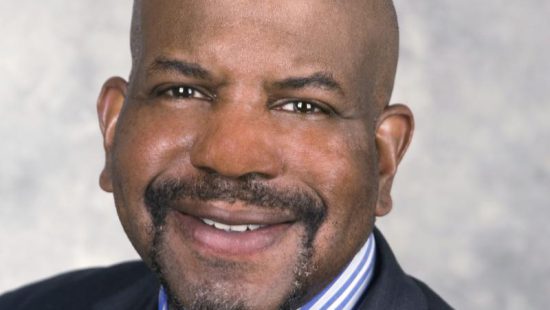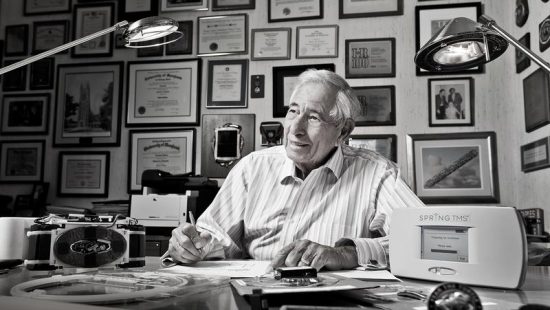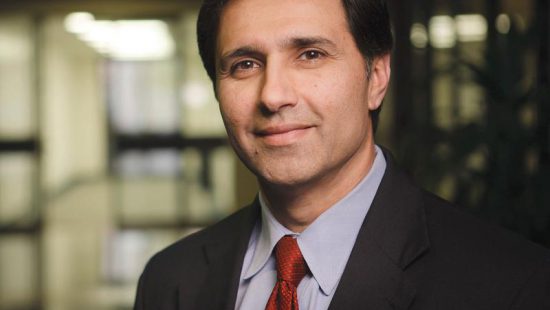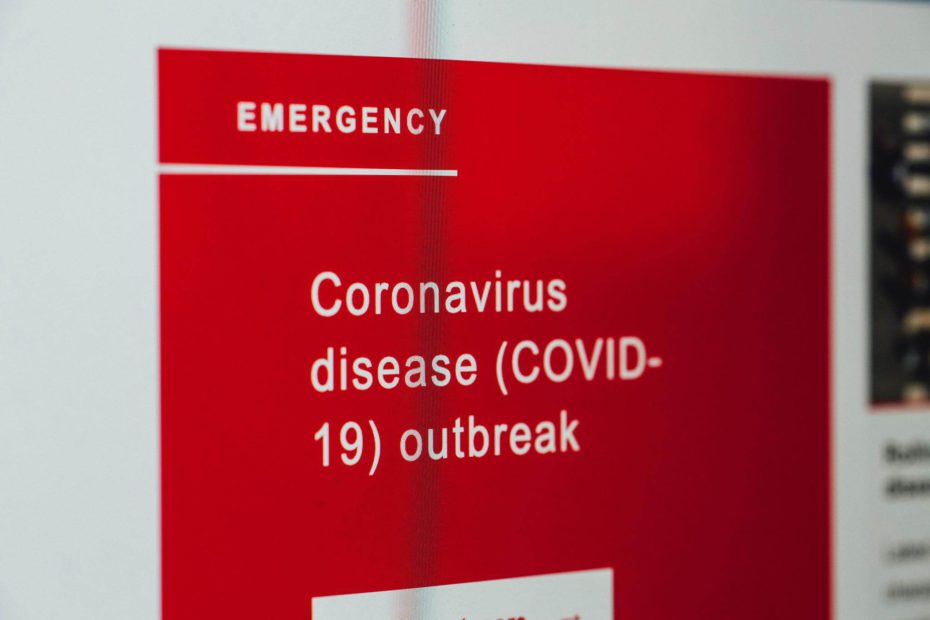When Arthur Levinson joined the biotech company Genentech as a young researcher right out of graduate school in 1980, neither he nor his new bosses could have predicted the impact he would have. Nearly 40 years later, Levinson is still making his mark, not only as Genentech’s former CEO, but as a visionary scientist who has served on the board of tech giants Google and Apple.
In 1980 though, all of that was still ahead of him. Levinson set to work trying to understand the genetics and biochemistry of cancer. Working with another researcher, he was able to successfully clone the HER2 gene implicated in some very aggressive forms of breast cancer.
That breakthrough led to the development of Herceptin, a monoclonal antibody frequently used in breast and other cancer treatments today. Monoclonal antibodies are laboratory-produced molecules that are designed to attach to specific defects in cancer cells. By mimicking the antibodies naturally produced in response to germs and other invaders, these antibodies help destroy cancer cells while leaving healthy cells largely intact.
Levinson rose quickly through the ranks at Genentech, becoming CEO in 1995. Many people had doubts that a scientist could work so easily in the business world, but not Levinson. “I’d like to defy conventional thinking,” Levinson says. “It’s easier for a scientist to understand business concepts than it is for a businessperson to understand scientific concepts.”
Today, his company Calico is setting their sights on using advanced technologies to combat aging and age-related diseases. Though it’s a steep challenge, there is no reason to doubt that Levinson’s pioneering spirit won’t lead to at least a few stunning breakthroughs.

